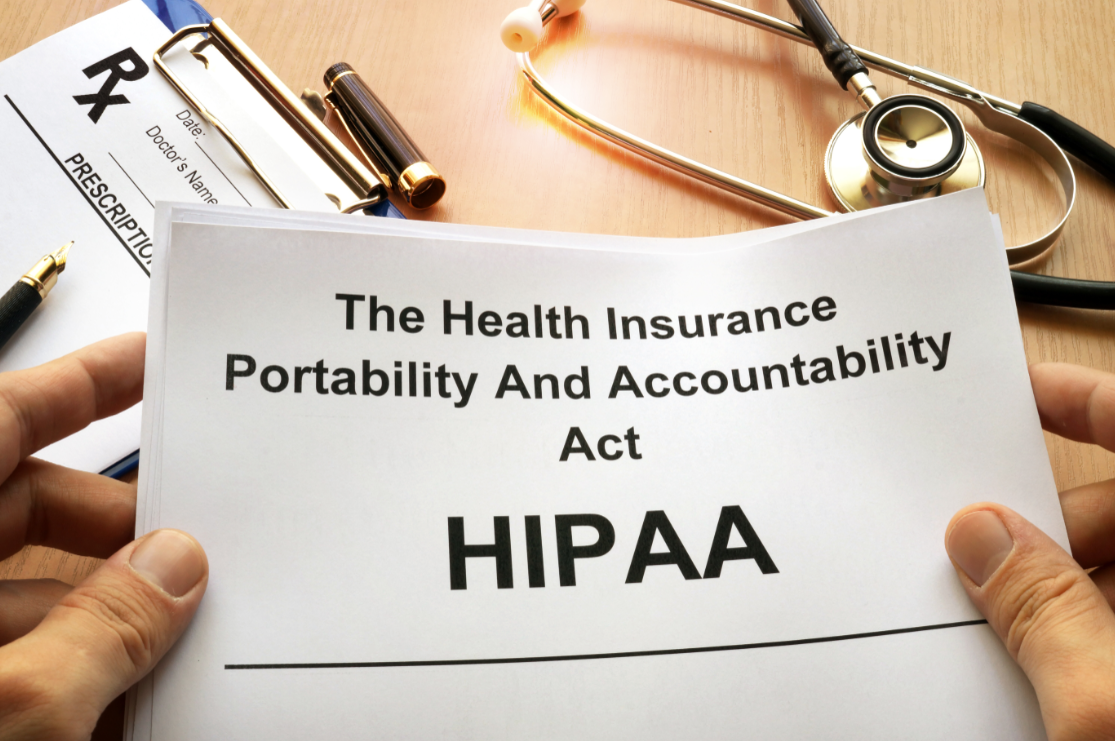Case DiscussionConfidentiality:
Case 2 Discussion
In this case, the doctor may feel conflicted. A vulnerable elderly woman needs protection and may be fearful of her abusive husband. Reporting to Adult Protective Services, required if the physician suspects elder abuse (http://www.aasa.dshs.wa.gov/aps/), may also make the patient fear that she will be exposed to further abuse by her enraged husband. The therapeutic alliance with the patient provides a unique opportunity to support the patient’s health and safety. The physician should discuss services that might be available to assist her; encourage the woman to seek help; provide medical care and counseling; and explain the physician’s duty to report. It should also be noted that anyone who suspects elder abuse is required to report it - neighbors, social workers, family members, etc. Whenever the safety of an individual is at stake, confidentiality may be breeched and there are usually specific agencies (public health, Child Protective Services, Adult Protective Services) designated for reporting. These agencies then assume responsibility for investigating the reports and taking appropriate steps to ensure the person’s safety.
